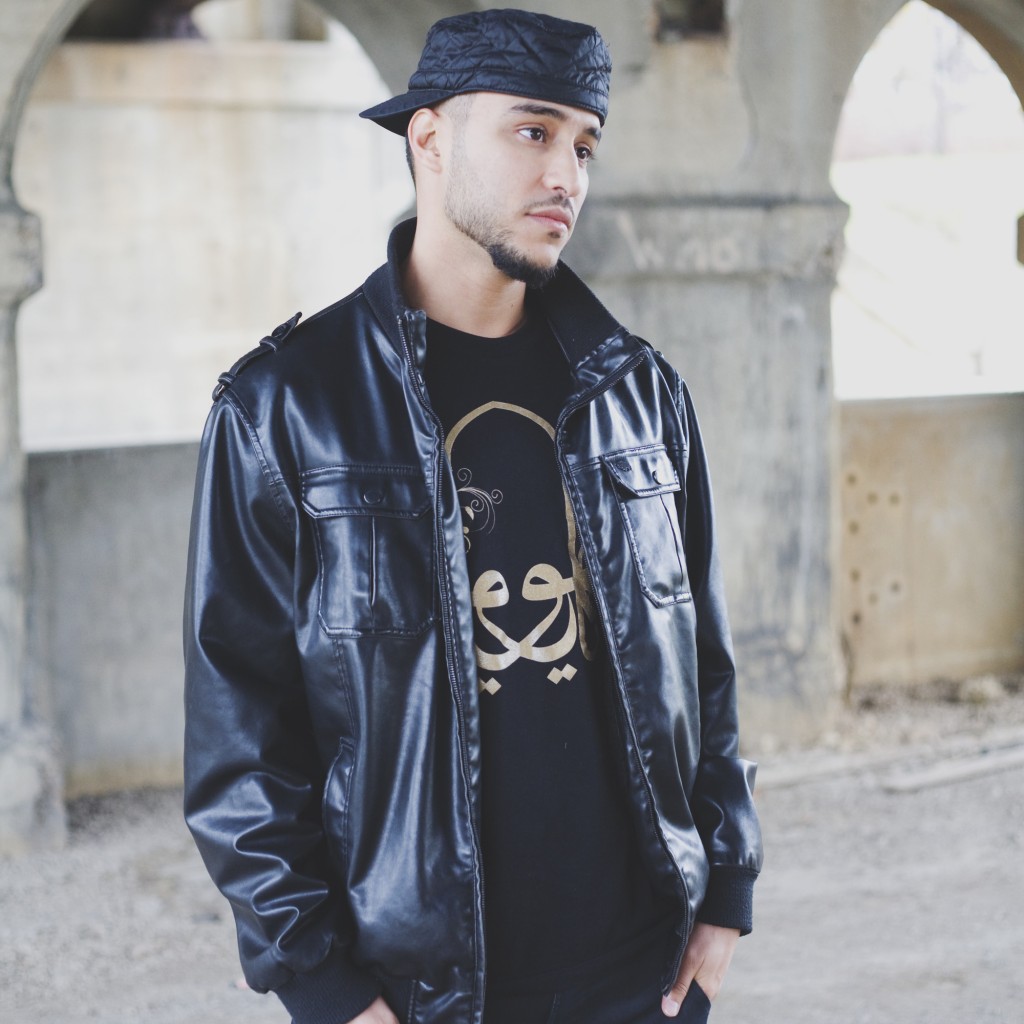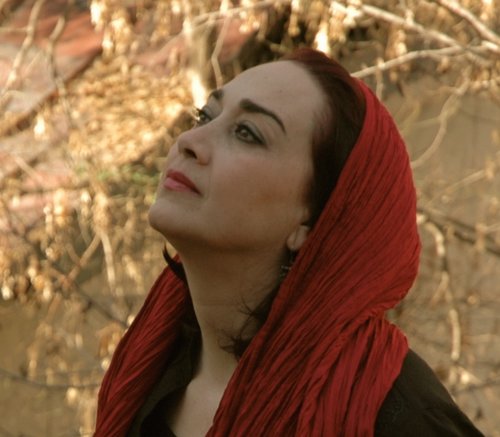By Tamara Syed
The South by Southwest (SXSW) Festival has always served as a melting pot of cultural movements and musical talents, but this year’s ContraBanned: #MusicUnites showcase is bound to be an especially resonant and meaningful event. The showcase will feature a slew of musicians representing the seven Muslim-majority countries banned by President Trump’s executive order, with the aim of uniting people and building bridges through music.
The stacked lineup for the March 17 show at Austin’s Palm Door includes Khaled M., a Libyan-American rapper with Chicago roots; Mamak Khadem, a world-renowned trance artist; and Syrian-American soul-funk powerhouse Bassel & the Supernaturals; Atlanta based, Somalia-bred duo Faarrow, who deliver a heavy-hitting blend of hip-hop and pop anthems; Mohsen Namjoo, known as “the Bob Dylan of Iran”; Dena El Saffar, a multi-instrumentalist with Iraqi roots; and the mind-melding electronic soundscapes of Tehran-via-London artist Ash Koosha.
Dubbed one of CNN’s “Most Interesting People,” rapper Khaled M. pointed out that the travel ban has a negative and terrifying affect on U.S.-born citizens as well as foreign nationals. “Trump’s ban affected so many more people than just non-U.S. citizens,” he told Music for Good. “That group suffers the worst of it, but your average citizen doesn’t understand the psychological torture of being in a perpetual state of anxiety and fear.”
Khaled also touched on the underlying propaganda he sees in the executive order. “The ban creates a domino effect of fear that moves on to other marginalized or immigrant communities who worry about being next, considering the established precedent,” he said. Despite this, Khaled hopes that unifying events such as these will help shed a positive light on his Libyan heritage and bring people together. “Despite being subjected to oppression that rivals any other country, Libyans continue to be amongst the most hospitable and friendly people in the world,” he said.
Iranian-American Mamak Khadem, who blends traditional Persian poetry and vocals with cross cultural influences of Indian, Balkan and Indonesian melodies, believes the ban is history repeating itself. “It reminded me of how the Iranian students were treated here in the U.S. during the hostage crisis of 1979,” she said. “Many students were insulted, deported, battered, and threatened. It took many years to forget and forgive those days and finally call myself an Iranian-American.”
Khadem has contributed to the advancement of music on a global scale, having taught classes and workshops in the U.S., Canada, Greece and Ireland. Not surprisingly, she believes musicians play a crucial role in the world of politics. “Music offers a language that is close to people’s hearts rather than their brain,” she said. “Music offers tools to break boundaries that politics has forced on us.”
Syrian-American soul-funk outfit Bassel & The Supernaturals combine uplifting music with captivating lyrics about love and loss, as well as the war in Syria that has directly affected frontman Bassel Almadani’s family.
An outspoken advocate and humanitarian for the current crisis in Syria, Almadani believes the ban has caused unnecessary backlash against Muslim communities. “I am the product of Syrian immigrants, and my father delivered over 4,000 babies in the U.S.,” he said. “He came to the States with a group of other Syrian physicians that dedicated their lives to providing care for their families, and tens of thousands of Americans. The Muslim community has been working diligently since 9/11 to improve the perception of Muslims in the U.S., and Trump’s rhetoric has effectively erased nearly 16 years of progress.”
Although disheartened by recent political rhetoric, Almadani strongly believes that music has the power to influence politics. “Musicians have the ability to personalize issues that otherwise feel distant,” he said. “Creating a personality for an issue such as Syria motivates people to take a humanitarian leap, as they feel more deeply connected to it. Given that change starts with passion, the ability to influence the emotions of our fans is quite possibly the most important tool that exists in challenging a political environment.”
Showcase partners include globalFest, a non-profit that presents world music artists to the American music industry, and Tamizdat, a non-profit cultural support organization that advocates for foreign artists’ mobility issues in the U.S.


